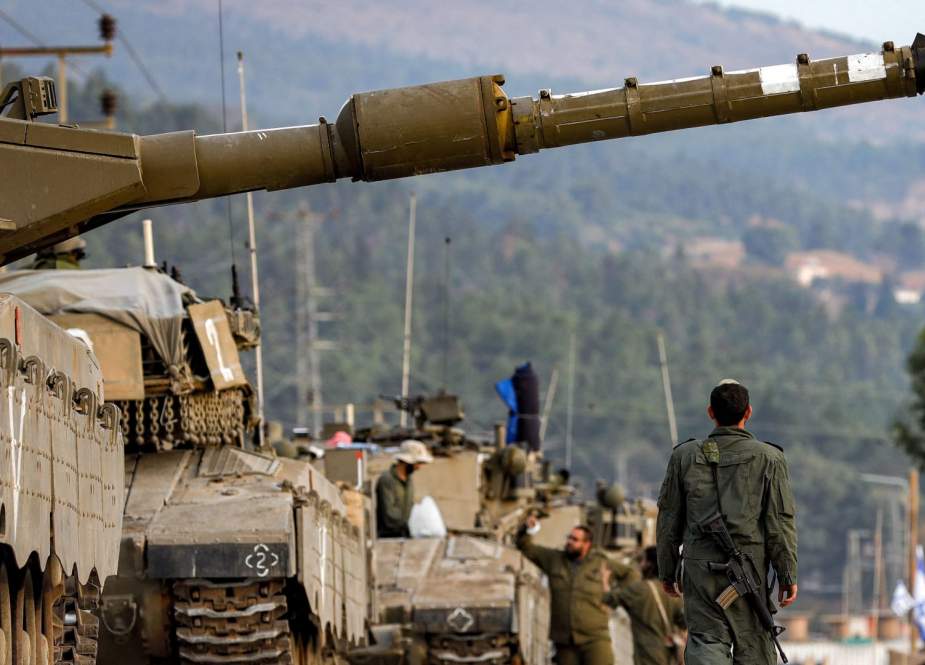Are Beirut’s wrong policies provoking Netanyahu?
In recent weeks, the level of threats from the Zionist regime against Lebanon has increased to an unprecedented level. At the same time, the continuous airstrikes by the Zionist regime on various areas in southern Lebanon have resulted in the martyrdom and injury of several citizens and extensive damage; a situation that is no less than a limited war in terms of volume and impact, and indicates the entry into a phase in which Tel Aviv is trying to impose new equations through military pressure.
In such circumstances, the main question is what are the real goals of the Zionist regime in threatening war or launching new military operations against Lebanon? And why are Tel Aviv leaders still thinking of trying such a risky gamble despite the exhaustion of the army after the long Gaza war, the failure to achieve the initial goals of the war, and the deep crisis of distrust of Zionist society towards the army and political leaders?
At the same time, another important point should be noted: the political behavior of parts of the Lebanese government and sovereignty, which, as a result of complying with American and Israeli pressures, has unintentionally or intentionally created a political atmosphere in the country that Tel Aviv interprets as a sign of the weakness of the Lebanese domestic front. This atmosphere includes pressure on Hezbollah to disarm, fueling social fear of war, and creating a rift in society and between the resistance and the army; a situation that the Zionists consider to be a prerequisite for their possible success.
The main goals of the Zionist regime in any possible war against Lebanon:
1-1. Pressure to force Hezbollah to accept new equations
Tel Aviv believes that the current regional conditions could be an opportunity to impose new restrictions on Hezbollah and force it to make strategic retreats; retreats whose main goal is to reduce the resistance’s deterrent power and offensive capability. In fact, Israeli officials consider this period to be the most appropriate time to advance plans that have been proposed for years in the form of demands and half-suspended resolutions, but have never been able to be implemented.
In this context, Tel Aviv’s main goal is to limit Hezbollah’s missile and drone capabilities and pressure it to accept plans such as pushing back resistance forces north of the Litani River and transforming southern Lebanon into an area with a minimal presence of Hezbollah forces.
The Zionist regime is also seeking to create a “safe buffer zone” deep inside Lebanese soil; a zone that, according to Tel Aviv officials, can guarantee the security of settlers in the north of the occupied territories and effectively create a geographical shield against the indestructible power of the resistance. This set of pressures is part of Israel’s overall strategy to redefine the balance of power on the northern borders and impose its desired security order on Lebanon.
The Zionist regime believes that the threat of war or the implementation of a limited operation can change the balance.

